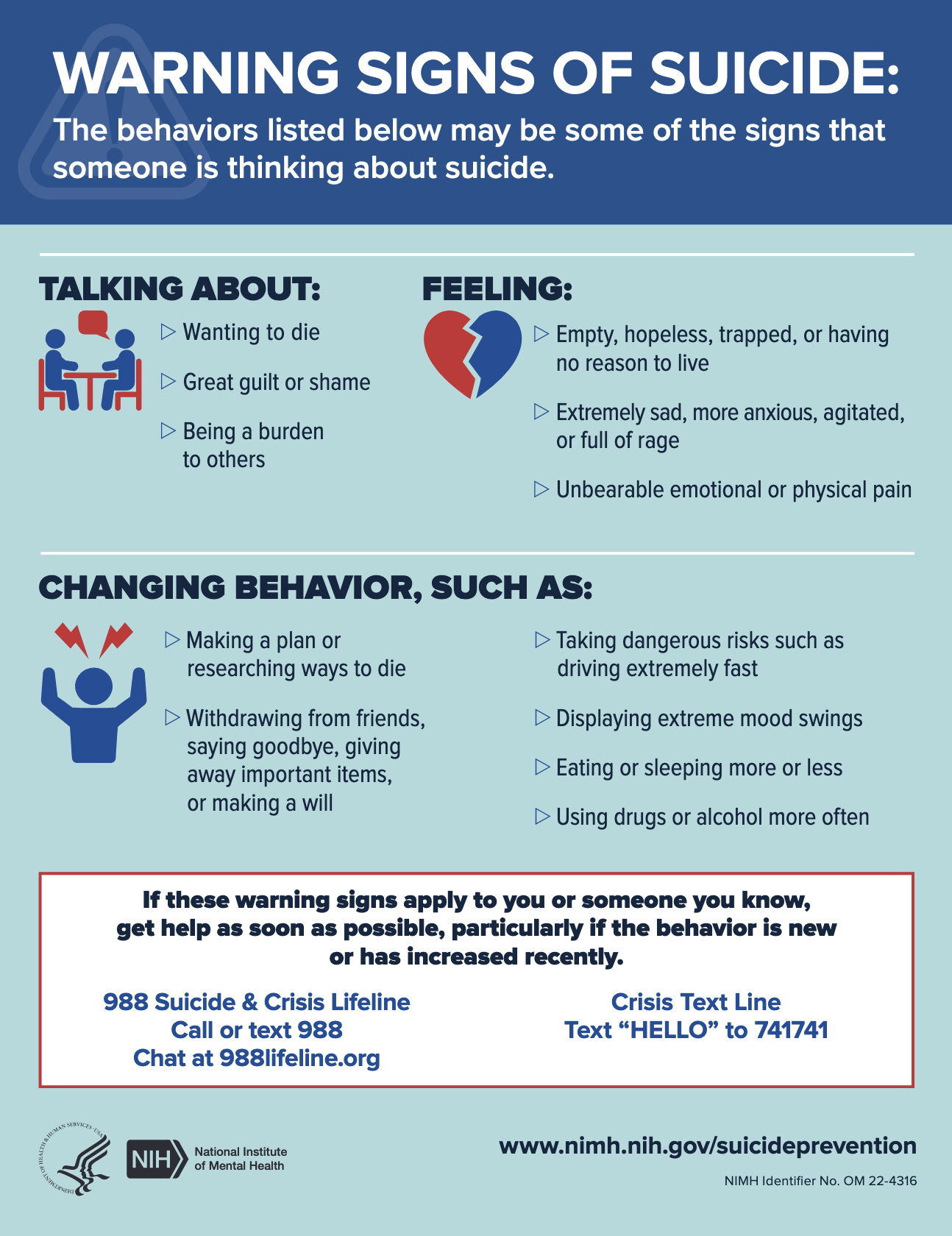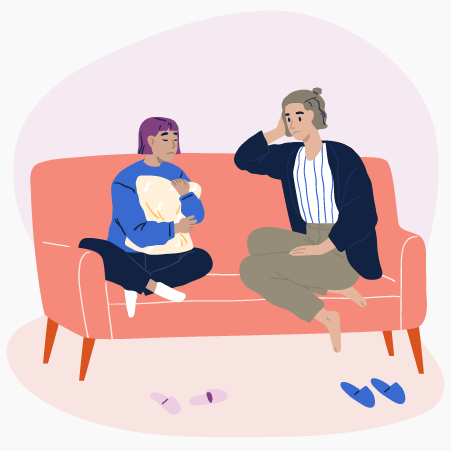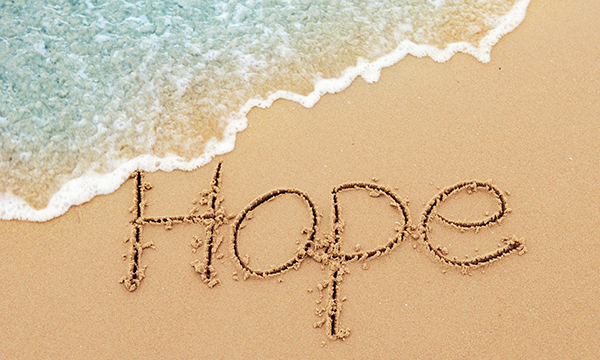The Pandemic Has Researchers Worried About Teen Suicide
 Teen and youth anxiety and depression are getting worse since COVID lockdowns began in March, early studies suggest, and many experts say they fear a corresponding increase in youth suicide.
Teen and youth anxiety and depression are getting worse since COVID lockdowns began in March, early studies suggest, and many experts say they fear a corresponding increase in youth suicide.
Data collection for several studies on teen mental health during the pandemic is currently underway. And experts worry those studies will show a spike in suicide, because young people are increasingly cut off from peers and caring adults, because their futures are uncertain and because they are spending more time at home, where they are most likely to have access to lethal weapons.
“Teenagers are in a developmental space where it is critically important that they have regular contact with their peers and are able to develop close and ongoing relationships with adults outside the home, such as their teachers, their coaches, their advisers,” says Lisa Damour, an adolescent psychologist who is a columnist and host of the podcast Ask Lisa: The Psychology of Parenting. “And I worry very much about what it means for that to be disrupted by the pandemic.”
The stressors of COVID come as youth suicide was already at a record high before the pandemic, with increases every year since 2007. Suicide is the second leading cause of death among people ages 10-24, after accidents, as it has been for many years, according to the most recent data available from the CDC.
Not having guns in the home, or keeping them safely locked away, is another overlooked factor in suicide risk. A new analysis of the latest CDC data, just released by the advocacy group Everytown for Gun Safety, found that the rate of specifically firearm suicides increased 51% for 15-24 year olds in the decade ending in 2018. Among 10- to 14-year-olds, who have a lower rate of suicide to begin with, suicide by gun increased a staggering 214% in that time frame.
And, the presence of guns is another community risk factor that has increased during the pandemic: From March to July 2020, Everytown reports, gun sales doubled compared with the year before.
Damour, the teen psychologist, explains that not having guns in the home, or keeping them safely locked away, is important especially for adolescents because “teens are impulsive.”
What parents can do
If a teen talks about harming themselves or wanting to disappear, a parent should ask directly, “Is that something you think you might really do or you think about doing? Or are you just letting me know that you’re very upset right now?” And, she adds, hear them out without dismissing what they’re saying.
She also says parents should look out for anger: “In teenagers, uniquely, depression can take the form of irritability. That depression in teenagers sometimes looks like a prickly porcupine. Everybody rubs them the wrong way. And that is easy to miss because sometimes we’ll just dismiss that as being a snarky teenager.”
If school is all-virtual, she says, parents should look for safe sports, work or volunteer opportunities that allow teens to have social time and contact with other caring adults.
Finally, Damour says she sees one bright spot: During the pandemic, she and other clinicians are finding that telemedicine — therapy over video chat — is working surprisingly well with adolescents.
Excerpted from “The Pandemic Has Researchers Worried About Teen Suicide ” on the NPR website. Read the full article.
Source: NPR | The Pandemic Has Researchers Worried About Teen Suicide, https://www.npr.org/2020/09/10/911117577/the-pandemic-has-researchers-worried-about-teen-suicide | © 2020 npr
Stress and Crisis Resources
For immediate assistance, the following resources are available 24/7 unless otherwise noted:
- Dial 911 or go to your nearest emergency room or urgent care
- Crisis Text Line: Text BAY to 741741 (Anyone can send a message! Kids, teens, and adults)
- Star Vista’s Crisis Hotline: 650.579.0350
- National Suicide Prevention Hotline: (800) 273-8255
- Uplift Mobile Crisis Team: (408) 379-9085 / toll-free (877) 412-7474
- Alum Rock Mobile Crisis: 408.294.0579
- Lifeline Crisis Chat: crisischat.org
- OnYourMind Teen Chat (M-Th, 4:30-9:30 pm): onyourmind.net
A screening can help you determine if you or someone you care about should contact a mental health professional. CHC teletherapy services are available now. Call or email our Care Managers at 650.688.3625 or careteam@chconline.org to set up a free 30-minute consultation appointment.





